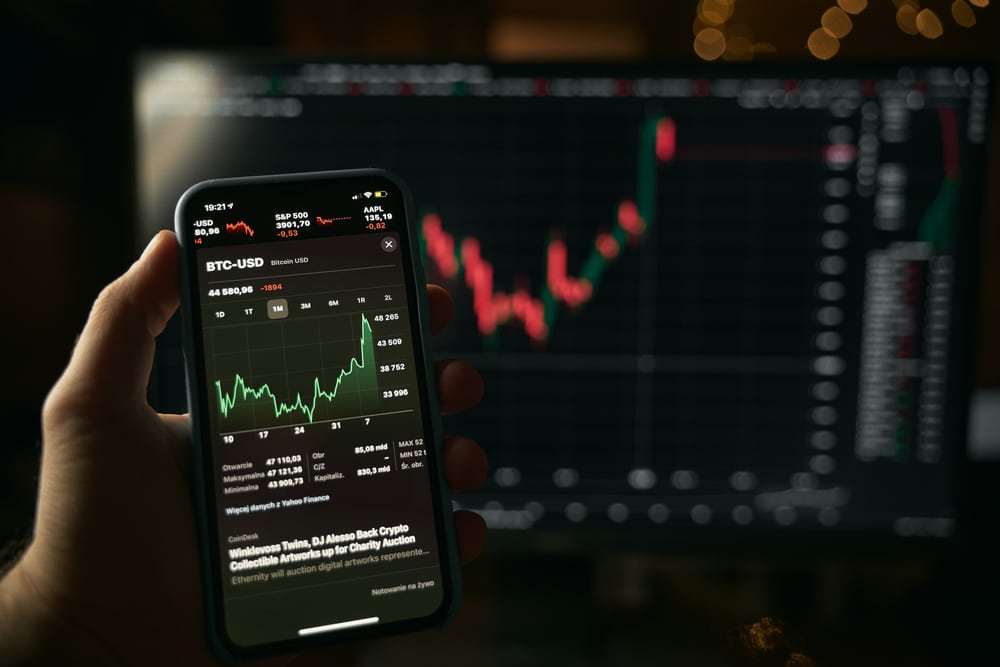
Detailed Guide on Market Depth Impact on Crypto Trading Strategies
Traders must always be cautious when utilizing market depth for crypto trading. Such is necessary given that crypto trading strategies are impacted by market depth as explained below.
Arbitrage
Arbitrage traders leverage the price variations of similar assets between markets or exchanges. Market depth affects the expense and ease of conducting trade across numerous avenues, making arbitrage methods essential.
Deep markets make leveraging arbitrage possibilities easier and reduce the slippage risk before addressing the price variation.
Swing Trading
Mostly, swing traders hold positions for some days or weeks to profit from short to medium-term market changes. Market depths aid in ensuring that traders can enter and leave positions at beneficial prices despite not being as vital as it is for scalping.
Swing traders can carry out their trades more easily and without slippage. Slippage is linked to inadequate liquidity, which leads to the execution price varying from the intended price.
Position Trading
Position traders often focus on long-term patterns compared to short-term volatility and hold assets for lengthy periods. Market depth impacts their capability to enter or exit significant holdings without considerably altering the price, despite not being as essential for their immediate transactions.
Position traders can be sure they can ultimately sell their holdings without encountering considerable market impacts when the market is profound.
Algorithmic Trading
Algorithmic trading entails utilizing computer programs to execute trades founded on preset criteria. The algorithms primarily optimize trade execution by accounting for market depth.
Algorithms evaluate the order book to spot the optimal times to buy or sell, minimizing market influence and expenses. Deep markets are especially critical for high-frequency trading algorithms to run effectively.
Risks Linked to Utilizing Market Depth for Crypto Trading
An example of a significant risk linked to market depth for crypto trading is the potential for market manipulation. In cryptocurrency markets, particularly those with less liquidity, bigger traders (‘whales’) can place huge purchase or sell orders to develop false market sentiment impressions.
For example, a whale may place a considerable buy order to simulate robust demand, motivating others to purchase, only to have the order canceled and sold at a higher price.
A second concern is the likelihood of wash trading. To deceive other traders concerning the demand and supply in the market, spoofing concerns placing large orders without planning to accomplish to dupe other traders concerning the market’s demand and supply.
Wash trading entails purchasing and selling the same asset to increase trading volume. The strategies can skew the market depth information, misguiding traders and evoking unpredictable action.
Off-exchange trading, for instance, over-the-counter transactions, which can considerably affect the market without being reflected in the order book, is not regarded by market depth. The absence of clarity might cause a misunderstanding of the actual market conditions.
High-frequency traders can also utilize market depth data to conduct deals at intense speeds, often beating retail traders. Computer algorithms respond quickly to changes in the market, making it difficult for traders to contest, which may lead to losses if the market goes against them.




